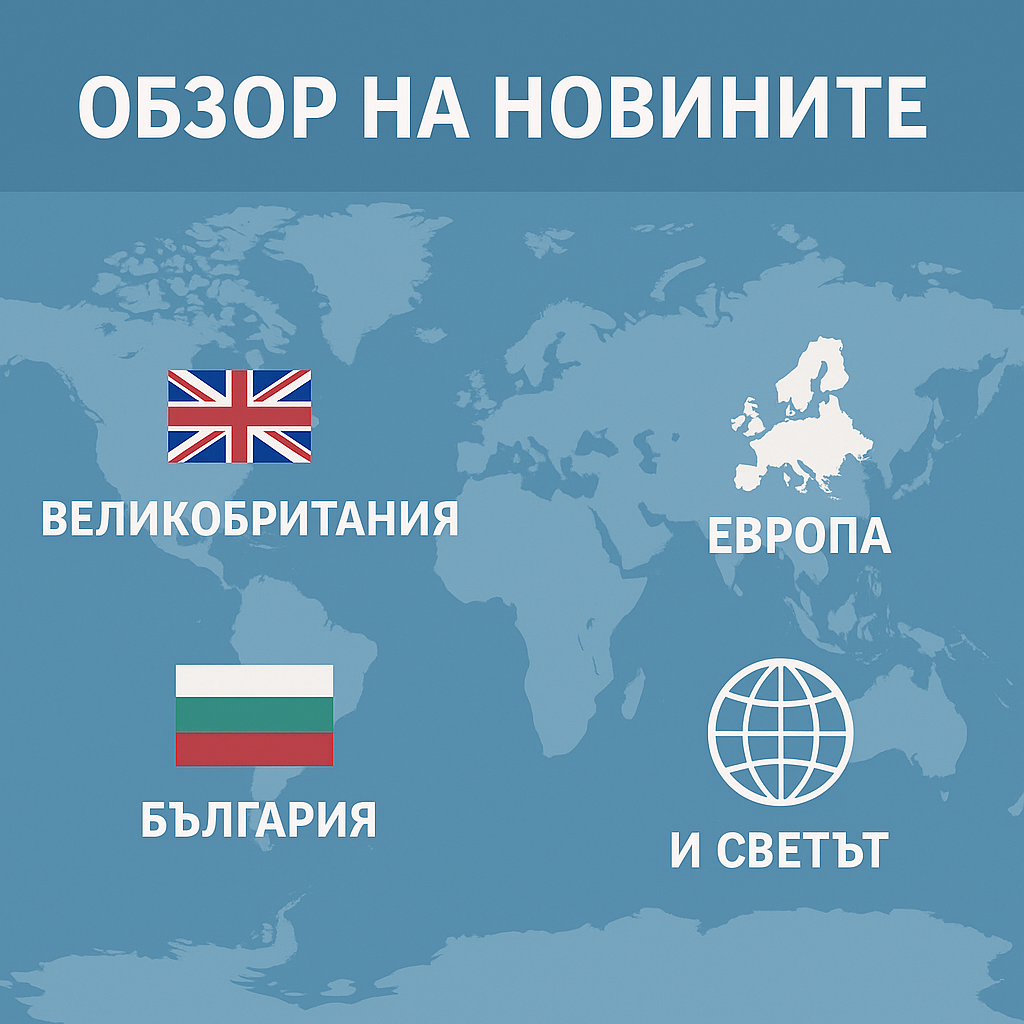By Rumyana Vakarelska
The Dutch Presidency is to offer an opportunity for real cross-border co-operation for those who need it most – the EU’s start ups. The Syrian refugee crisis costed so far the EU an estimated nearly EUR 10 bn and more from fences in Bulgaria, Hungary and Macedonia and increasingly elsewhere across the EU to billions of EURO in foreign aid.
As a result, the Dutch proposals on border controls, while thinking of how to boost EU economy through letting EU’s best talent to grow is a vary welcome change in the ongoing EU’s political narrative.
The proposal is the introduction of an EU-wide start-up visa and a regulation for it developed by the Dutch EU presidency, which runs out at the end of June. EU ministers will be discussing at a meeting in Amsterdam if they are willing to work together on issuing such visas or whether they want to retain the current national systems whereby eight countries have special support for start-ups and 20 do not. Ultimately, the start-up visa/permit aims to cut red tape for crossing borders and covers the entire European single market in an effort to boost Europe’s economies.
A growing body of evidence suggests a strong relationship between entrepreneurship, innovation, and economic growth’, therefore ‘action is needed to stimulate more and better investment in research and innovation, says the EU document on the impact of a better regulation for innovation start-ups in areas such as environmental technologies, aircraft and motor industries, health care instrumentation and telecommunications.
Frans Timmermans, the Vice-President of the EU Commission for institutional relations and human rights said that “b etter regulation is not about “more” or “less” EU rules, or undermining our high social and environmental standards, our health or our fundamental rights. Better regulation is about making sure we deliver on the ambitious policy goals we have set ourselves in the most efficient way,’ according to him. This goes well with UK’s demands before the EU ahead of the UK’s EU referendum, but more importantly may facilitate cross-border innovation among start-ups in a short period of time.
The proposal does not specifically include other areas such as social and regional cohesion, communications and media sectors, but this might not be out of questions if raised on time by the member countries. Such synergies currently exist in EU’s power industries – from software to nuclear reactors, but even in this industry sourcing expertise and technologies at EU and a wider international level does not yet support SMEs, where obstacles go beyond legislation, as a recent major nuclear power and engineering event of UKTI in London demonstrated in a clearly international sector of innovation.
Innovation is key for growth, jobs and addressing societal challenges, says the document ‘Better regulations for innovation-driven investment at EU level’ noting that productivity is a key factor for competitiveness, while the former factor depends on innovation.
Europe faces a productivity gap when compared with its main competitors, according to the EU’s report data as since the outbreak of the 2007 financial crisis, the annual productivity rate per person employed in Europe has been less than a quarter of the US level and even far lower compared with China or South Korea. Such a gap creates loss of investment interest and market shares in global trade. The shortfall of investment over the past few years, with a drop of around EUR 430 billion since its peak in 2007 is likely to continue to hamper job creation and have a negative impact on the capacity for the EU to remain competitive in the long term.
Start-ups may start looking at what works best across eight visa-free markets and establish new partnership in those markets first, as the process of any market and certification may take time. However, the task set by the Dutch EU Presidency can be particularly beneficial for the industries, which might benefit most, but also gives specifically CEE countries an opportunity to grasp the new possibilities in EU’s single market.
Rumyana Vakarelska is an Editor-in-chief of Team New Europe, a UK political Action-Tank















